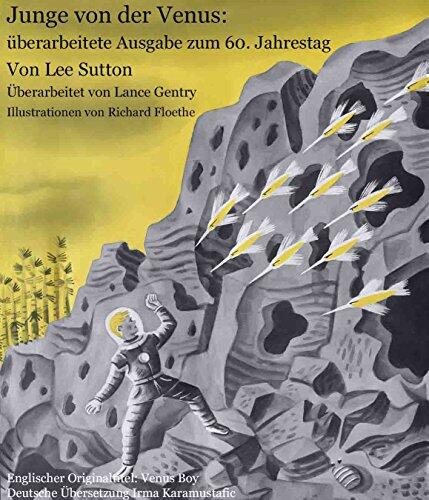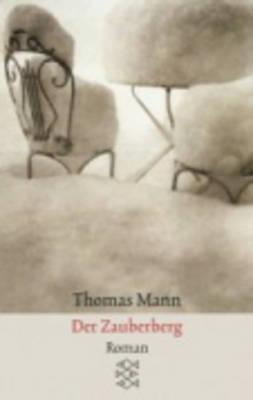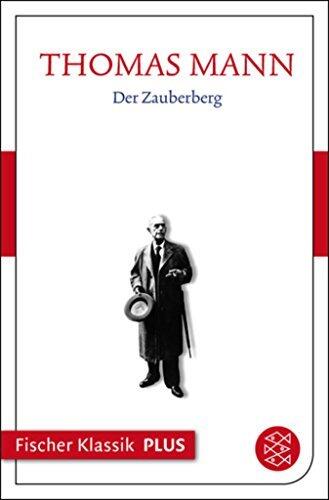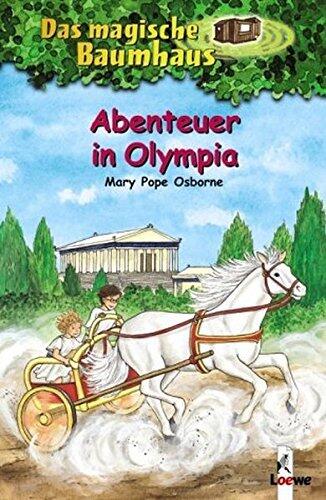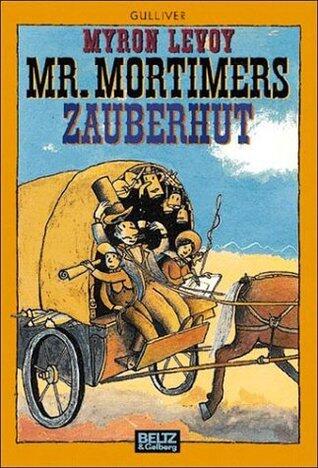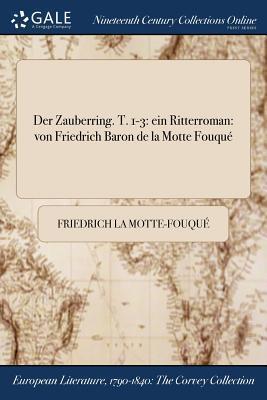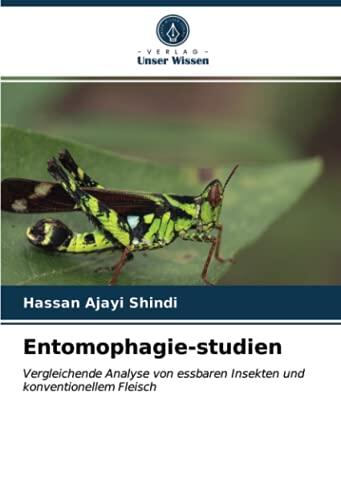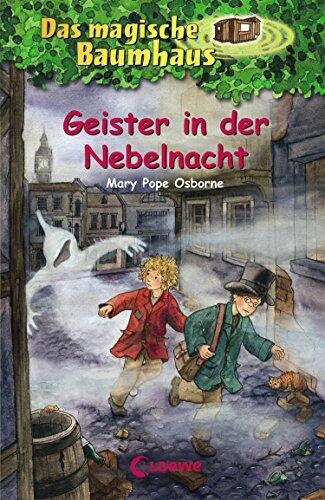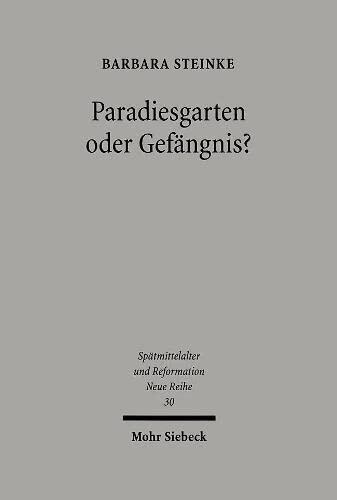
Paradiesgarten Oder Gefangnis?: Das Nurnberger Katharinenkloster Zwischen Klosterreform Und Reformation
por
Barbara Steinke
Aún sin calificaciones
Action & Adventure
Religion & Spirituality
Formato
Tapa dura
Páginas
427
Idioma
Alemán
Publicado
Oct 1, 2006
Editorial
Mohr Siebeck
ISBN-10
3161488830
ISBN-13
9783161488832
Descripción
Barbara Steinke delves into the complexities of the Nuremberg Katharinenkloster, exploring its evolution during a tumultuous period of reform and religious transformation. Originally based on her doctoral thesis, this work intricately traces the intersection of monastic reform and the burgeoning Reformation, shedding light on a pivotal yet often overlooked aspect of Germany's religious landscape.
Steinke meticulously examines the historical context, offering insights into how the Katharinenkloster reflected broader societal changes. The narrative reveals the tension between tradition and innovation, highlighting the struggles faced by the nuns as they navigated their spiritual and communal lives amidst external pressures for reform. This exploration not only deepens the understanding of monastic life but also illustrates the ways in which religious institutions adapted—or resisted—change.
By weaving together archival research and contemporary scholarship, Steinke’s work invites readers to reconsider preconceived notions about monasticism during the late medieval period. Her analysis of the Katharinenkloster serves as a microcosm for the larger forces at play in 16th-century Europe, offering a nuanced perspective on the impact of the Reformation on local religious practices.
In addition to its historical significance, this study contributes to ongoing discussions about the role of women in religious life and the complexities of faith in an era of transformation. Steinke’s thorough research shines a light on a lesser-known narrative, encouraging an appreciation for the rich tapestry of experiences that shaped the Nuremberg region during this critical juncture in history.
Steinke meticulously examines the historical context, offering insights into how the Katharinenkloster reflected broader societal changes. The narrative reveals the tension between tradition and innovation, highlighting the struggles faced by the nuns as they navigated their spiritual and communal lives amidst external pressures for reform. This exploration not only deepens the understanding of monastic life but also illustrates the ways in which religious institutions adapted—or resisted—change.
By weaving together archival research and contemporary scholarship, Steinke’s work invites readers to reconsider preconceived notions about monasticism during the late medieval period. Her analysis of the Katharinenkloster serves as a microcosm for the larger forces at play in 16th-century Europe, offering a nuanced perspective on the impact of the Reformation on local religious practices.
In addition to its historical significance, this study contributes to ongoing discussions about the role of women in religious life and the complexities of faith in an era of transformation. Steinke’s thorough research shines a light on a lesser-known narrative, encouraging an appreciation for the rich tapestry of experiences that shaped the Nuremberg region during this critical juncture in history.
Reseñas
No hay reseñas aún
Sé el primero en reseñar este libro y compartir tus pensamientos
Añadir Primera ReseñaRegistro de lectura
No se encontraron registros de lectura
Empieza a rastrear tu progreso de lectura para ver los registros aquí
Agrega tu primer registro de lecturaNotas
Registro de transacciones
No se encontraron registros de transacciones
Empieza a rastrear tus transacciones de libros para ver los registros aquí
Agrega tu primer registro de transacciones